This article has been created to discuss the requirements you may need to consider, if you are thinking about using solar panels to replace or contribute to your existing energy supply.
[the_ad_placement id=”in-text-1-type-r”]In the current climate we rely on energy, usually in the form of gas and electricity, which are based on fossil fuels as a source for this energy. Fossil fuels have a massive impact on the environment and contribute to air pollution and the release of greenhouse gases.
Solar power is a huge source of energy, which has only recently been used as a completely pollution-free, natural energy provider. It has become possible to collect and store solar power to be used with the hope of replacing other conventional sources of fossil fuel energy.
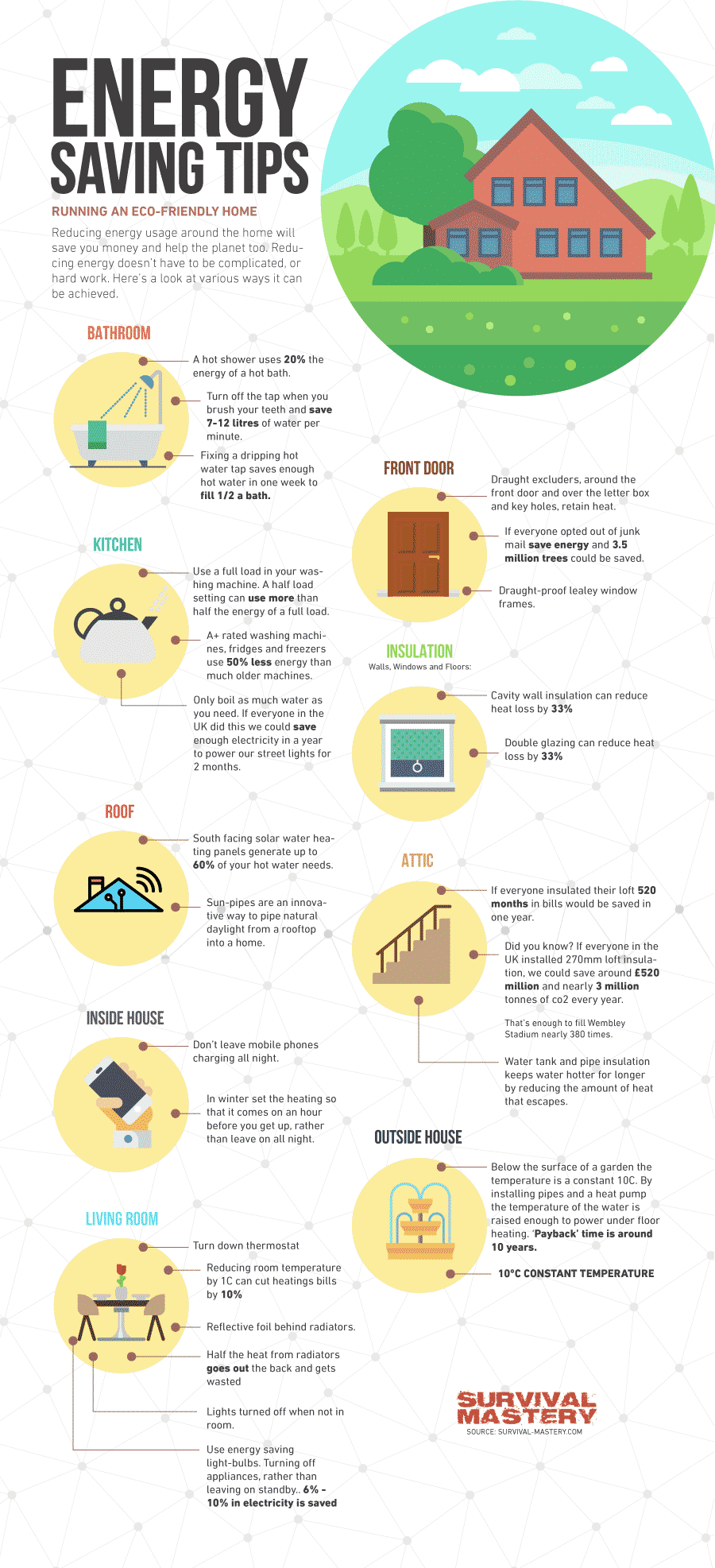
Sustainable and renewable energy has been at the forefront of energy solutions for the last few decades as humanity has made progress towards finding sources of energy that won’t harm the environment nor diminish in supply like fossil fuels. We need to find a way to secure the future of energy supplies for generations to come by changing to more ecologically sustainable systems. Solar power has risen in significance as the focus turns to finding and promoting cleaner energy resources.
Solar power is freely available but to make it work as an energy source it needs to be harnessed with modern technology. The best thing about solar panels is that they produce energy at the time when it is in greatest demand – during the day as we power our energy hungry labor saving devices or gadgets we believe we couldn’t live without. Check out our article on how solar panel works to see how it can benefit you.
There are two types of domestic solar panels which are the most widely used equipment for collecting and storing solar energy: Solar Photovoltaic (PV) which generates electricity and Solar Thermal which only heats water.
Solar PV systems are made from layers of a semi-conducting material, usually silicon, and when sunlight shines on the cell it creates an electrical field. They can be mounted on the roof, built into your existing roof or replace your roof tiles altogether.
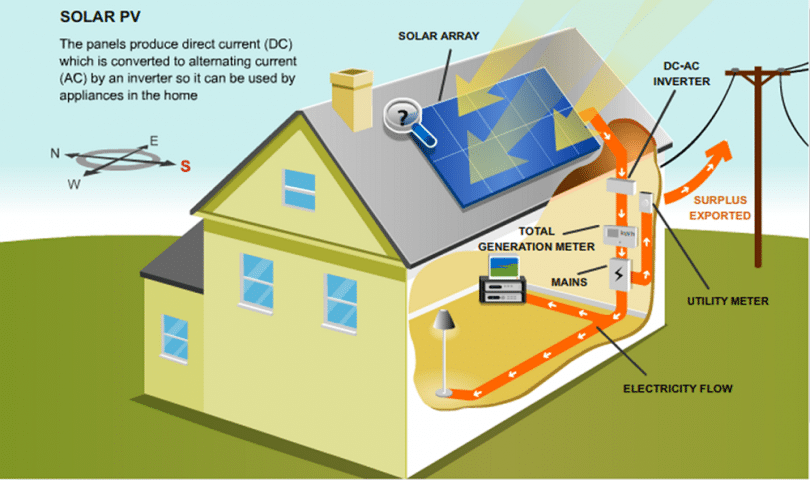
Solar Thermal panels have glass at the front, which focuses the sun’s rays on pipes that are located just behind this front panel. The pipes are painted black to help them absorb heat and contain anti-freeze fluid which can heat up very quickly and is then pumped through a coil inside the hot water tank and can generate heat of up to 60 degrees centigrade which is a perfect temperature for your daily shower.
Behind the pipes is a reflective silver panel, which reflects the sunlight back onto the pipes to help them heat up, even quicker. This reflective panel also helps to protect the roof. At the moment, your home will probably either use electricity, gas or another type of fossil fuel to provide heat, hot water and power for your electrical items. You would need to decide how much of your energy needs you want to dedicate to solar power.
There are different systems to either heat water or provide heat or to generate electricity. So, it depends what type of system you would like to have in your home and this depends on whether you would prefer to turn the sun’s energy into heat or electricity. You can of course have both types if you want your home to run completely on solar power and you have the room on your roof or on your property for the panels you would need.
Solar panels for heat & hot water
The heat generated in the pipes behind the front glass panel is connected to a flat black plate or tank inside the collector panel, which used to heat water and saves using electricity or gas from your utility supplier to perform the same task.
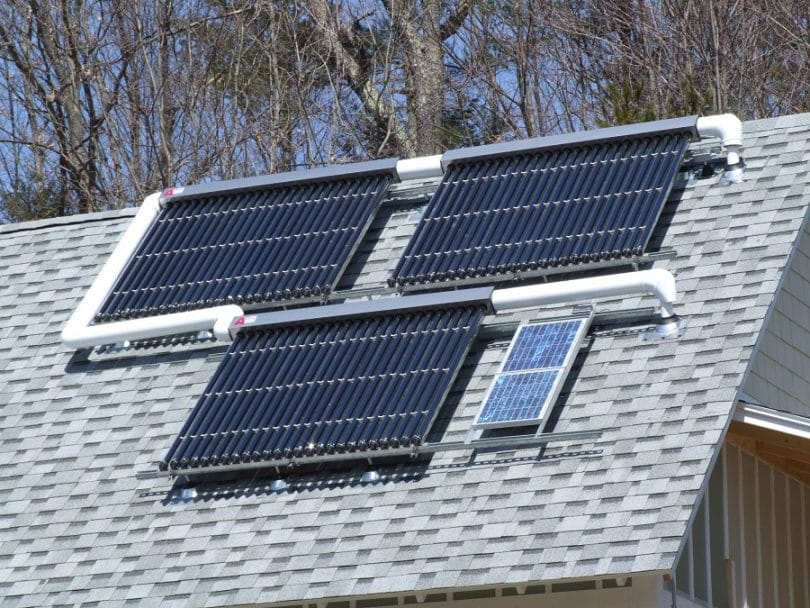
Heating your water by solar power is a system that works all year round though depending on your climate you may need to heat your water further through your boiler or immersion heater during colder months. You will need to have a roof that receives direct sunlight for most of the day. The solar system can be integrated with your usual method of heating water.
Solar panels for electricity
You can also get solar panels that allow you to generate your own electricity. They are designed to integrate with your existing utility supplier and can be used to run your appliances, lights and other electrical gadgets. These panels do not heat water; they convert sunlight into electrical current.
You may also need an inverter, which converts the DC power generated, into AC power, which is connected to your utility supplier. Your solar panels may produce more electricity than your home uses and your utility supplier may credit your account for the excess power your home generates and returns to the grid.
[the_ad_placement id=”in-text-2-type-r”]Your utility supplier would continue to provide you with power at night and even during the day when your solar power can’t provide enough to meet your demands. Or you can have a solar system with rechargeable batteries that would be charged during sunlight hours and can be used at night, in the event of a power cut or to compensate your power needs during the day.
If you live in a location that doesn’t get a lot of sunlight or if you have shading from trees or other buildings you will need more solar panels to compensate for this to meet your energy requirements. Shade causes a problem because the entire panel needs to have full sunlight for it to work properly.
Solar panels work on cloudy days too but will produce less electricity and for obvious reasons they don’t work at night. There must be sunlight present to produce power so at night you will either use energy from your batteries or from your utility supplier.
How to work out how many panels you will need
The amount of panels you need will depend on the circumstances of your own situation and needs.
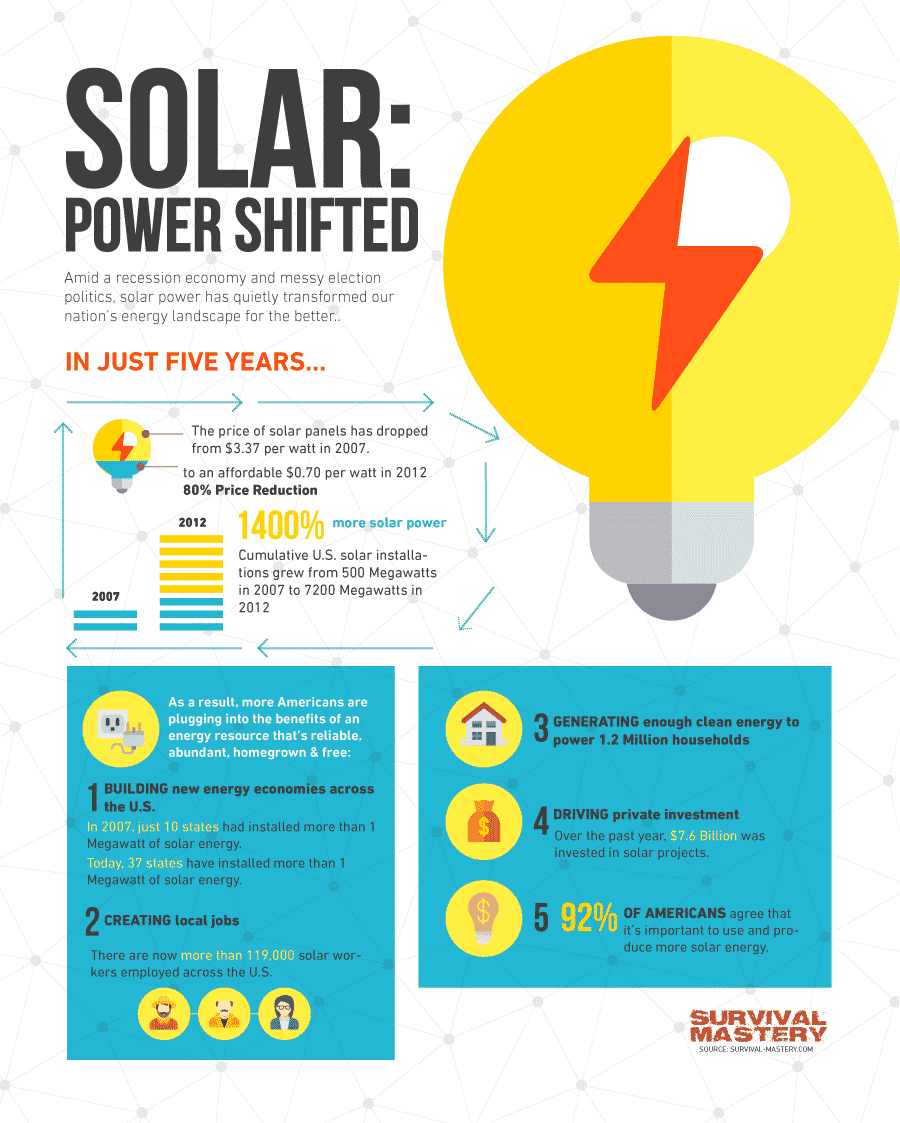
To decide how many solar panels you need for your house there are a few things you need to take into consideration:
- The average power your house consumes which is usually based on the number of people who live in your house and the way electricity is used in your particular household.
- The location of your house – some homes will have better solar exposure and less shade which can mean there is a need for less panels whereas if your home is not ideally situated or is shaded you may need significantly more
- The average number of solar hours per day – this is the peak number of hours the solar panel can focus sunlight per day.
If you want to find out how many solar panels you will need for heat, follow these simple steps:
- First you need to find out on average how much power your home uses per month. You would be able to find out the kWh your home uses by looking at your energy bills for the last twelve months.
- Next divide this average by 30 to find out how many kWh your home uses per day.
- This is the number of solar panels you will need.
For example:
This calculation is based on your panels that have four solar hours per day:
A 250W solar panel produces 1 kWh per day. If you use 1200 kWh of energy per month on average, divided by 30 days would equal 40 kWh per day so you would need 40 solar panels if you want to fully power your home. If you only want to heat your home or heat your water you would need fewer panels. If you want to use solar power for only 50% of the time or 75% of the time then you would adjust the number of panels accordingly.
Check out our review of the best solar panels in the market to give you more options.
Costs of installing solar panel systems
Installing a Solar Panel System may cost you up to $8000, however there are many incentives from government schemes to get panels at a reduced cost or receive credits from your energy supplier for any electricity that your house generates but doesn’t use. Along with this you have the overall reduced fuel bills that you will benefit from, because you will be using free energy generated by the sun, which is not only beneficial from a financial point of view but also on the reduction in the carbon footprint you will leave on the environment.
See also: How to Install Solar Panels: Your DIY Guide to Green Solar Energy
If you choose to completely power your home through solar panels, apart from the initial cost to set up your system you will not have any energy bills to pay. Once fitted the general maintenance costs of your panels and system are relatively low and they often come with a 25 years warranty. You should have your system professionally serviced at least every three years and check it regularly for leaks.
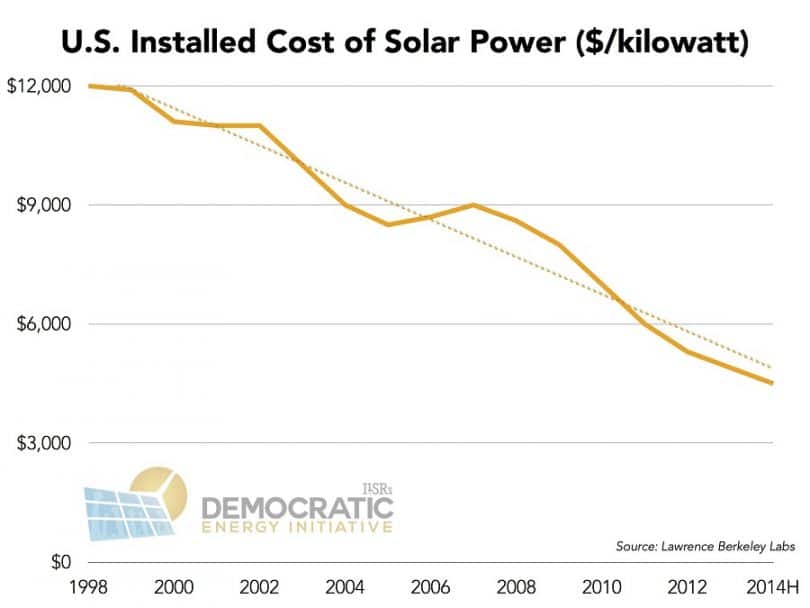
If you are interested in having solar panels installed for your heat, hot water or electricity needs there are numerous solar energy providers who will be happy to come to your home and discuss your requirements and let you know how many panels you may need.
[the_ad_placement id=”in-text-3-type-r”]They will often provide this service free of charge and offer you a no-obligation quote. It is prudent to have at least three quotes from different companies to determine which company may best suit your budget.
To find out how solar energy works and its benefits, read our informative article on this topic.


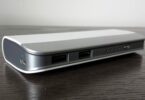

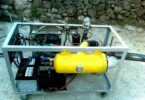

The rate at which the natural energy is depleting, it’s really essential to shift to the renewable sources of energy. We decided to shift to eco-friendly home a year ago and we certainly are happy with the result. Initially, installation and placing of the solar panels can seem tougher but the result is worthy. It’s time we should take a strong step towards creating a greener environment.
That’s right, Jim. Renewable energy is what you need, because it offers you
clean and affordable energy.
Zeroing out my electrical bill is what interests me.
Should I focus on the strength of the panels or on acquiring as much of them as possible?
Solar energy is the future, and I believe that not having to rely on electricity or wood for energy will provide a certain ease of mind.
Thank you James for sharing your opinion with us.